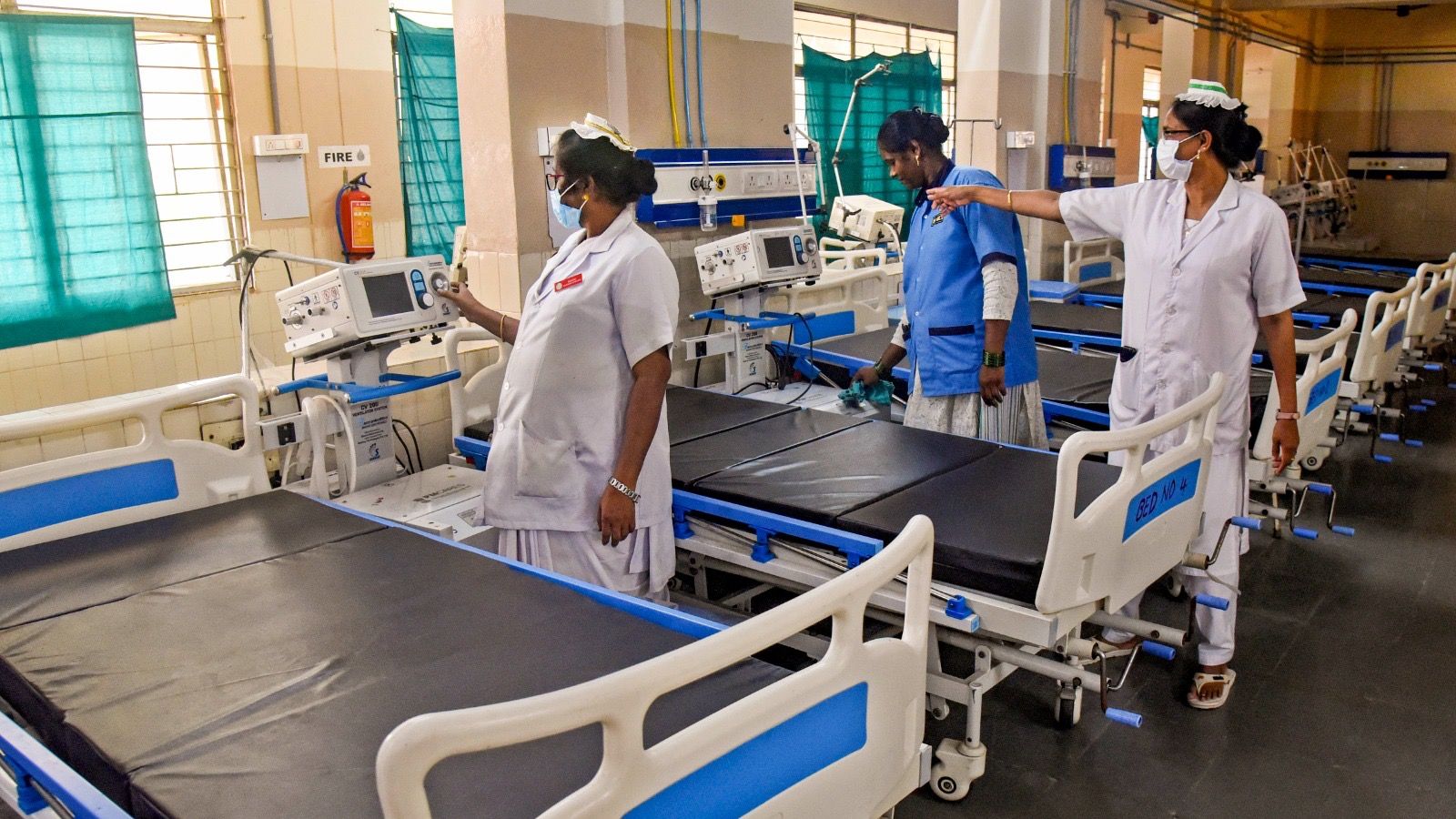Monkeypox, a viral zoonotic disease that was once limited to central and western Africa and later declared a global health problem, has an emerging strain that has a wide transmission rate and severe symptoms, posing a challenge to health systems worldwide.
Prominent Mpox symptoms
Monkeypox typically begins with flu-like symptoms: fever, headache, muscle aches, and fatigue. It then progresses to a characteristic rash that evolves from flat lesions to raised bumps, fluid-filled blisters, and eventually scabs. Swollen lymph nodes are a notable symptom that distinguishes monkeypox from similar diseases such as smallpox. The virus is spread primarily through direct contact with an infected person’s rash, bodily fluids, or contaminated materials. Respiratory droplets from prolonged close contact can also transmit the virus, and zoonotic spread occurs through infected animals.
Mpox outbreak
The World Health Organization (WHO) has highlighted that monkeypox is a growing threat to global health. On August 14, WHO declared the outbreak a global emergency, signaling the urgency of international efforts to combat the disease. WHO is leading global responses by providing technical support, developing guidelines for case management, and promoting research into treatments and vaccines.
Precautionary measures taken
In response to this growing threat, India has implemented comprehensive measures to manage and control the potential spread of monkeypox. The Ministry of Health and Family Welfare has issued detailed guidelines focusing on surveillance, case management and public health interventions. Key recommendations include early detection, immediate reporting and isolation of suspected cases to curb transmission.
States, particularly those with higher infection rates, such as Maharashtra and Keralaare stepping up their response efforts. These states are strengthening surveillance systems, establishing specialized treatment centers, and launching public awareness campaigns to educate citizens about monkeypox. In addition, state health departments are enhancing their diagnostic capabilities to ensure accurate and timely identification of cases.
Training programmes are also being launched for health professionals to improve their ability to recognise and treat monkeypox. By equipping medical staff with the necessary skills and knowledge, the Indian government aims to strengthen its response to the outbreak and mitigate its impact.
Disclaimer:
The information contained in this post is for general information purposes only. We make no representations or warranties of any kind, express or implied, about the completeness, accuracy, reliability, suitability or availability with respect to the website or the information, products, services, or related graphics contained on the post for any purpose.
We respect the intellectual property rights of content creators. If you are the owner of any material featured on our website and have concerns about its use, please contact us. We are committed to addressing any copyright issues promptly and will remove any material within 2 days of receiving a request from the rightful owner.

